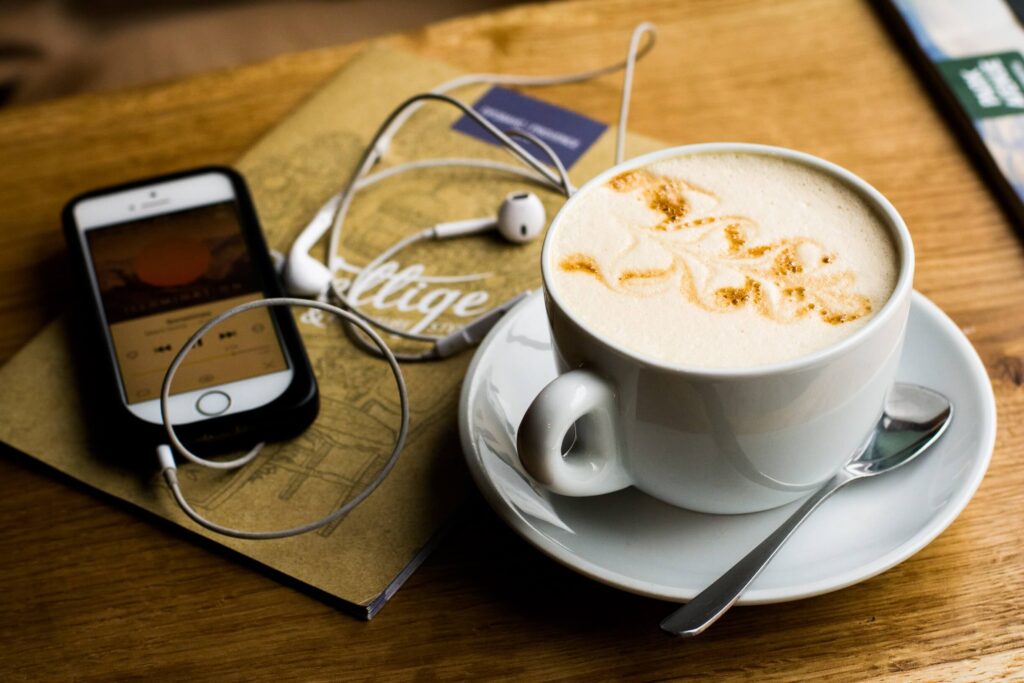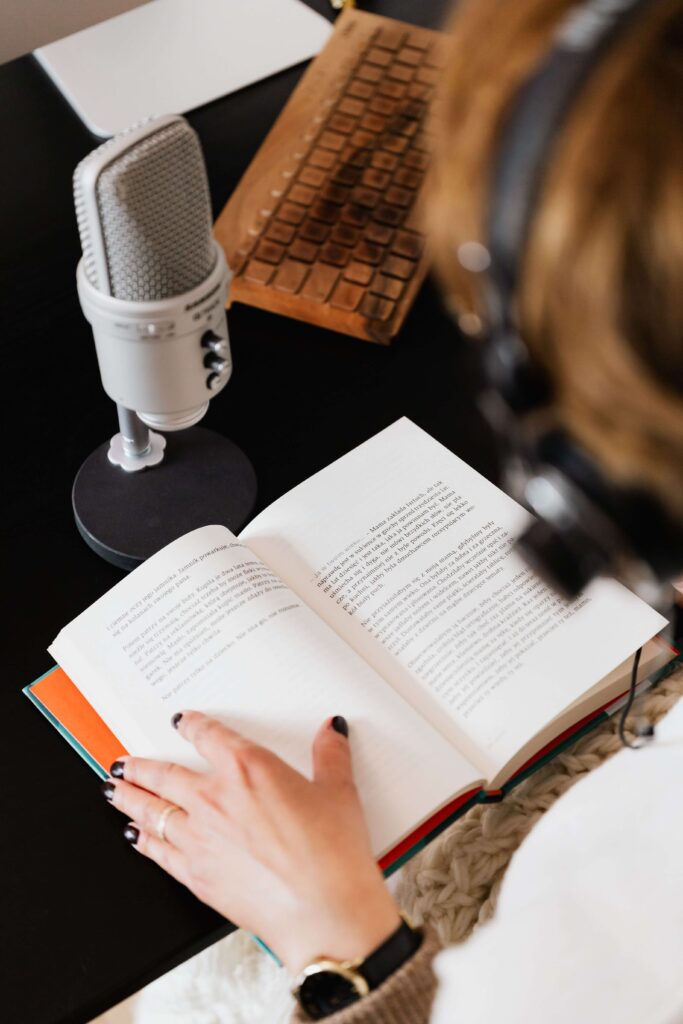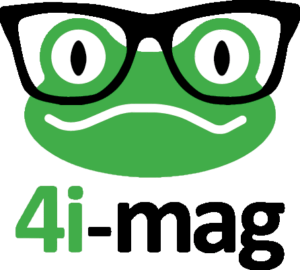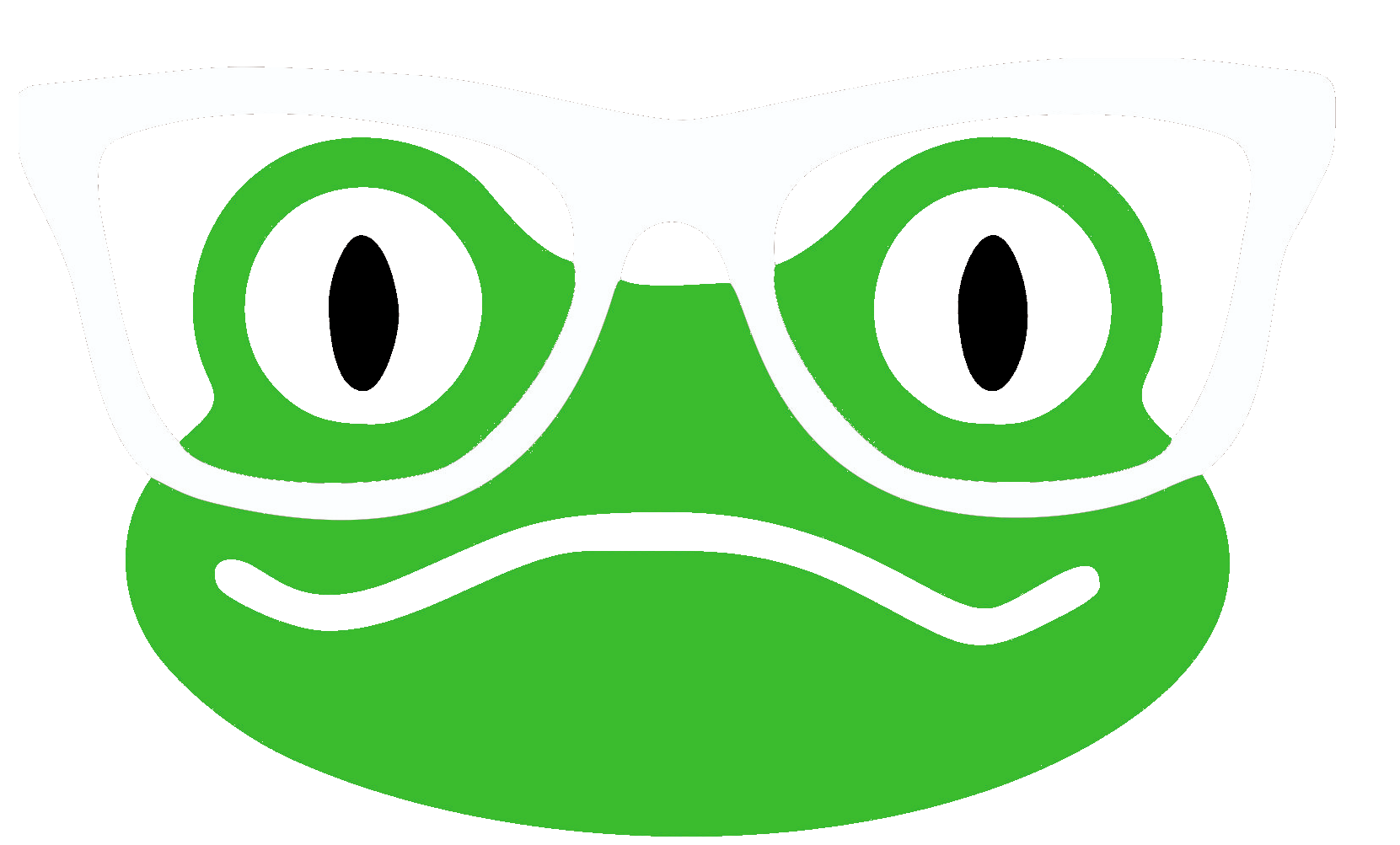Storytelling is an impulse most of us have. We share news, both good and bad, especially with the people we are closest to. We recall amusing events to entertain; or invent fictions to teach and capture the imagination. This is likely why it seems so natural to listen to a book when read aloud and explains the abrupt and growing triumph of the latest literary tradition: the audiobook.
In me, they evoke memories of the long journeys my family would take when I was a child. Every year, as far back as I can remember, we would drive to my grandparents’ house on the west coast of Scotland, taking in the hills and heather through rain-speckled windows.
The hours of highland roads would slip past, stewarded by the iconic voice of Sir Tony Robinson and his readings of the Discworld novels, the prolific comic-fantasy series of the late, and undoubtedly great, Sir Terry Pratchett.
This was, of course, prior to the digital revolution.

Audiobooks were still multi-cassette box sets — a little clunky, perhaps, to be carrying them around in your pocket, but just right for a glove compartment.
Yet, the strength of the medium was already apparent. The directness of the story, the natural feel of listening to a storyteller — in many ways it seemed superior to print. There is, at least, no concern about carsickness when your narrator is doing all the legwork.
Now with subscription streaming and near-instantaneous downloads possible, audiobooks are in the midst of a golden era of utility.
In 2020 — the year that was not — audiobook sales globally tipped over the $3.3 billion mark. According to Grand View Research, this growth is set to continue at the breakneck-pace of 24.4% year-on-year, reaching $15 billion by 2027.
“Publishers want to guarantee their piece of that,” says Stephen Lotinga, chief executive of the UK’s Publishers Association.
“The last few years’ growth — both in audiobooks and print books — has made it easier for them to fund more innovation in the audio space,” he says, including a move into more interactive formats.
The mind’s eye
Audiobooks were conceived in the 1930s by the American Foundation for the Blind, making it possible for people to experience classics by way of LP recordings. Over time, the technology evolved, and so too did the listenership. But in the past 2 decades audio books have become mainstream entertainment.
With the advent of the podcast, listening to recordings of others speaking has never been so commonplace. However, evidence suggests that the process of hearing and creating the worlds described to us from auditory storytelling is more demanding than we realise.
Researchers at University College London, who teamed up with Audible, found that study participants’ responses to audio were more dramatic than their responses to video storytelling.
Raised heart rates, increased galvanic skin response and temperature, these were among some of the noteworthy results that indicated people were more engaged with audio storytelling.
The researchers’ theory was that the audio medium required a higher creative involvement from listeners and, therefore, listeners had to work harder than when watching readily consumed films.
But, as study participants commented, and readers might also agree, audio can feel less demanding. One major strength of the audiobook is that listeners are freed up to multitask — they have the potential to transform hours of once menial work into enjoyable experiences.

Different engagement
Interestingly, some in the publishing world suggest that the role audiobooks play in people’s lives is changing, particularly since the arrival of the Covid-19 pandemic.
“While many people start listening to audiobooks as a way to multitask, such as listening during their commute, at the gym, or doing chores around the house, we’re seeing a strong new trend of listening to an audiobook as a way to wind down at the end of the day,” says Amanda D’Acierno president and publisher at Penguin Random House Audio Publishing Group.
In some ways the audiobook is extremely linear and stripped down, Harvard professor Leah Price explains.
“There are various things that you could do with an old-fashioned print book that you can’t do conveniently with an audiobook; you can’t skip, you can’t skim, you can’t go backwards, you can’t look something up,” Price says.
The popularity of the audiobook suggests that often readers do not want any of these things. Sometimes people are not interested in interactivity, or choice, or engagement, Price says — “We want to lie back and let the story stream over us. We want to be passive.”


